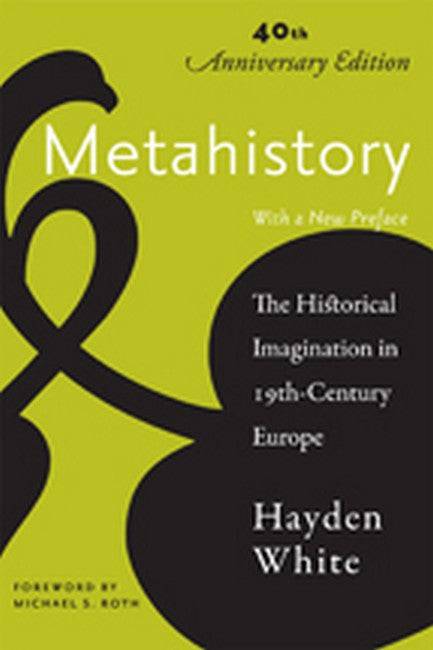Since its initial publication in 1973, Hayden White's Metahistory has remained an essential book for understanding the nature of historical writing. In this classic work, White argues that a deep structural content lies beyond the surface level of historical texts. This latent poetic and linguistic contentwhich White dubs the ""metahistorical element""essentially serves as a paradigm for what an ""appropriate"" historical explanation should be.To support his thesis, White analyzes the complex writing styles of historians like Michelet, Ranke, Tocqueville, and Burckhardt, and philosophers of history such as Marx, Hegel, Nietzsche, and Croce. The first work in the history of historiography to concentrate on historical writing as writing, Metahistory sets out to deprive history of its status as a bedrock of factual truth, to redeem narrative as the substance of historicality, and to identify the extent to which any distinction between history and ideology on the basis of the presumed scientificity of the former is spurious.This fortieth-anniversary edition includes a new preface in which White explains his motivation for writing Metahistory and discusses how reactions to the book informed his later writing. In a new foreword, Michael S. Roth, a former student of White's and the current president of Wesleyan University, reflects on the significance of the book across a broad range of fields, including history, literary theory, and philosophy. This book will be of interest to anyonein any disciplinewho takes the past as a serious object of study.

